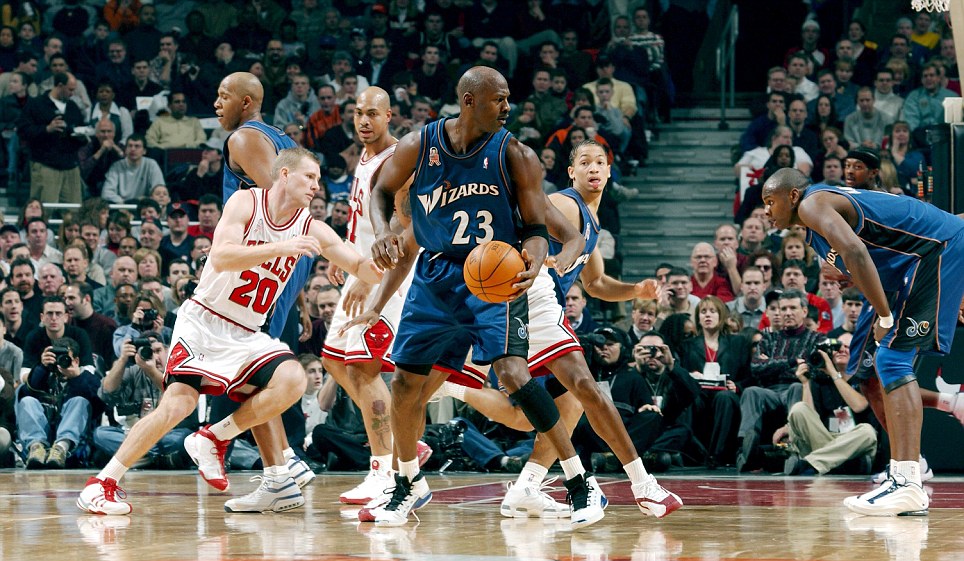“Life has a peculiar feel when you look back on it that it doesn’t have when you’re actually living it. It’s as though the whole thing were designed to be understood in hindsight, as though you’ll never know the meaning of your experiences until you’ve had enough of them to provide reference.”
~Donald Miller
365 weeks ago I penned Frost Advisory #1, a fairly presumptuous title considering I had no idea if I could come up with #2, much less 365 of them.

For years, my pal and mentor Alan Mason had insisted that I start writing. I’m not sure whether he thought I had something worth saying or he figured that would keep me quiet for a few hours. Frankly, after reading Alan’s stuff for years I was just flat out intimidated. It felt like Robert Frost telling me, “You should write poetry!”, or Donald Trump saying, “You should Tweet!” Then it got worse.
As the inevitable #365 loomed closer my friends Joe Battaglia and David Sams began urging me to compile them into a cute little book like the kind that people have next to their toilets – perfect product placement some may mutter.
The process of writing every week for over seven years has challenged me to think through strategic concepts, consider new ideas, and to look for real life applications. It has forced me to challenge my own biases and experiences, and to attempt to communicate, whether to the novice or the expert, how these ideas can transform a radio station. In other words, it has forced me to think about what I really think.
“I never know what I think about something until I read what I’ve written on it.”
~William Faulkner, winner of the Nobel Prize
Much to my surprise I have been the real learner through this process. I’ve corresponded with people literally all over the world that I would have never known. I’ve walked through radio stations and convention hallways where complete strangers have said, “Hey, you’re the guy that writes that stuff.” Many have responded with their own ideas and experiences and helped me think through things from their perspective.
With that in mind I’ve asked some folks in a variety of roles to share their perspective on how the next 365 Frost Advisories might be helpful to you, whether you’re an executive, programmer, or air talent.
A new general manager
“As a new GM, learning to navigate the programming waters with my PD, these golden nuggets of information have been an invaluable tool. They have been helpful on both the programming and sales side of the business.”
~Jeff Mitchell, KLTY, Dallas, Texas
A major market programmer
“So much of my performance as a leader seems to just come down to clearing away the distractions until I have a clearer perspective. So many things pull at me, competing for a share of my mind and attention. Frost Advisories provide clarity. I read them to remind me of what’s most important, what’s true (even though it may be counter-intuitive), what’s most beneficial, and to help me identify things that are just distractions or are less important.”
~Ty McFarland, KSBJ, Houston, Texas
A sales executive
“Frost’s advisories are like great recipes for an excellent meal. John is an architect of infusing programming principles with real life stories. It is motivating and inspiring to learn the technical side of programming and how it relates to daily life with a listening audience.”
~Segar Kannan, Salem Media, Portland, Oregon
A nationally syndicated air talent
“Everything John writes is genuinely – and literally – en-couraging. It gives me courage. Courage to keep going. Courage to do better. Courage to love my listener. I’ve always needed that, and I will always need that.”
~Brant Hansen
President of a major media ministry
“I find the real value in John’s insights is not just in reading them, but in applying them to our station. After I read the Frost Advisory, I say two things – ‘That is great perspective’ and then ‘Are we doing what he says?'”
~Tim McDermott, KSBJ Media, Houston, Texas
Next week I’ll share Frost Advisory #366, sort of a Leap Year-like version of how more really smart leaders use these ideas to benefit their organizations. I welcome your perspective. Who knows? You might even make my book!






